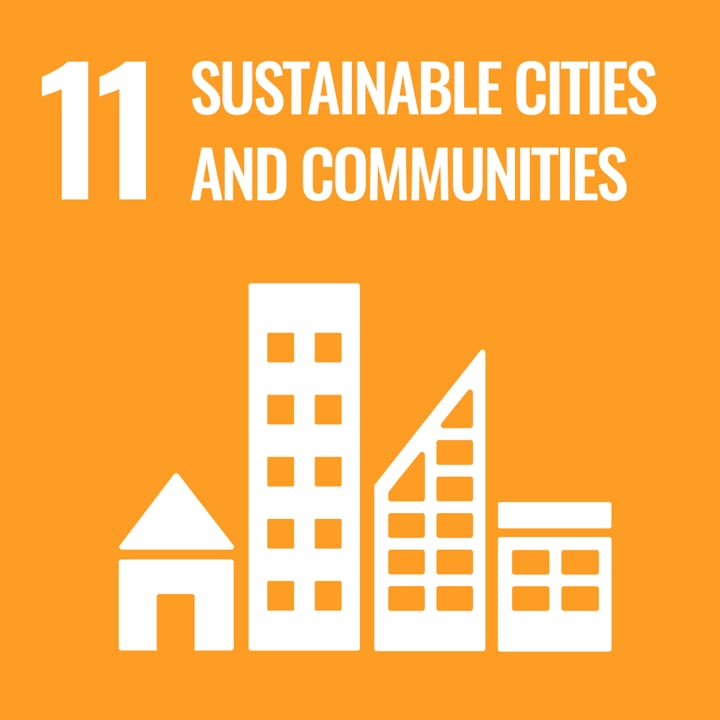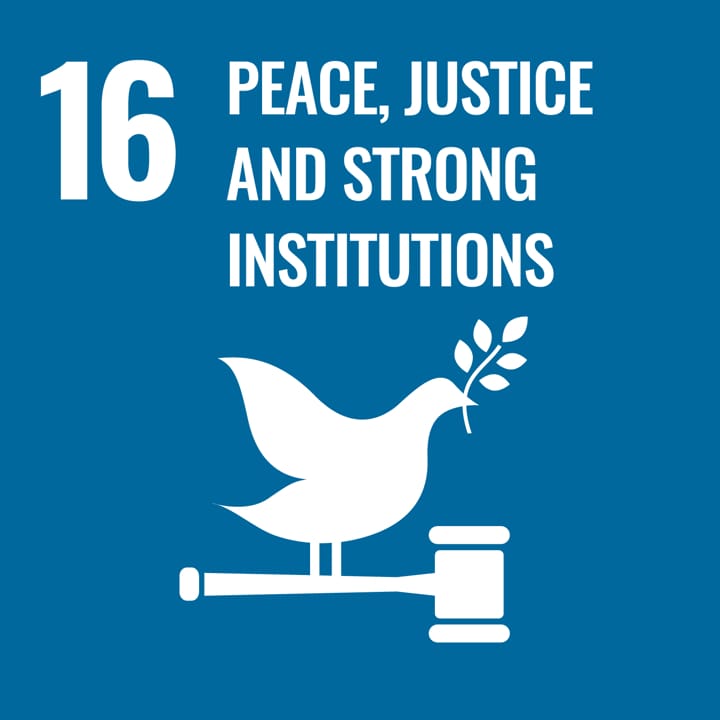
Intended End User: Teacher, School Leader
Age Group: Lower Primary; Upper Primary; Lower Secondary; Upper Secondary
School Curriculum: Cross-curricular
Themes and Topics: Collective Action, Power & Influence, School Leadership
Duration: Ongoing.
Type of Resource: Guidelines & Notes, Reference Document
Keywords: Open Schooling, Teacher, School Leader, School Head, Toolkit
Languages: English
Description
This toolkit is for those core stakeholders who wish to improve education provisions locally by making the school they have a stake in open or more open than before. You are likely to assume that in most cases the initiative comes from the school leader – who needs to advocate their staff, parents, students and the financing authorities for such changes – or a teacher – whose primary advocacy target will be the school leader and colleagues, but also parents. But practical experiences show open schooling activities are more often initiated by non-formal education providers, parents or local communities. It is not unheard of that the students themselves advocate for a more open school.
Thus, in this toolkit we are offering ideas, guidance and tools for all of these stakeholders to support their successful advocacy work for (more) open schools, and subsequently more inclusive quality education.
How to use this resource
The implementation of Open Schooling as a strategy requires a process of institutional learning and a fundamental change in how schools are perceived by various stakeholders.
This Toolkit for Educators – be them school professionals, non-formal educators, or informal educators like parents or the students themselves – is designed to support this change. However, this is not a linear process but rather an adventure. Different people will start from different harbours and will have diverse routes to success as well as different aims.
When the team was designing the Toolkit, we decided to use an adventure book format for delivering it to the reader. You can read it from cover to cover, you can also browse its pages, but we are offering you various routes depending on your interest. You will see that after certain sections there are questions recommending you to set sail to another part of the Toolkit. This is the reason why we also chose the A5 format.
If you print the pdf, it will become a book that is easy to navigate. If you are reading it on the screen, the recommendations to set sail to another chapter are interactive, so you can simply click on them.
The resources
Open Schooling Advocacy Toolkit for Educators (PDF):
Learning Outcomes (Teachers)
- Apply a range of suitable tools and frameworks to promote student Sustainability Citizenship
- Reflect on practice and examine national curricula to identify opportunities to promote Sustainability Citizenship in interdisciplinary ways and engage with external stakeholders.
- Collaboratively synthesise the knowledge, tools and frameworks to create educational materials and lessons plans adapted to their own local context
- Through workshop activities and communities of practice, build capacity and agency as Sustainability Citizenship educators and leaders.
Learning Outcomes (Leadership)
- Elicit prior knowledge and further develop knowledge and comprehension of key Sustainability Citizenship concepts to challenge established worldviews and values.
- Apply a range of suitable tools and frameworks to promote Sustainability Citizenship within their schools and communities.
- Examine their own national/regional curricula, educational policies, programmes and external stakeholders to identify opportunities to promote Sustainability Citizenship in their schools and communities.
- Collaboratively synthesise knowledge, tools and frameworks to create a vision for delivering a school environment that supports the development of Sustainability Citizenship in their community.
- Through workshop activities and communities of practice, build capacity as Sustainability Citizenship educators and leaders.
Green Competencies
- Embracing Complexity in Sustainability: Systems Thinking; Critical Thinking; Problem Framing
- Envisioning Sustainable Futures: Adaptability
- Acting for Sustainability: Collective Action
Creative Commons

The PHERECLOS Project was funding by the European Commission through Horizon 2020. This funding requires material produced by the project to be categorised as Open Educational Resources, be easily accessible and retrievable without cost or limitations, and allow the public to use, reuse, adapt and share the resource.
SDGs




